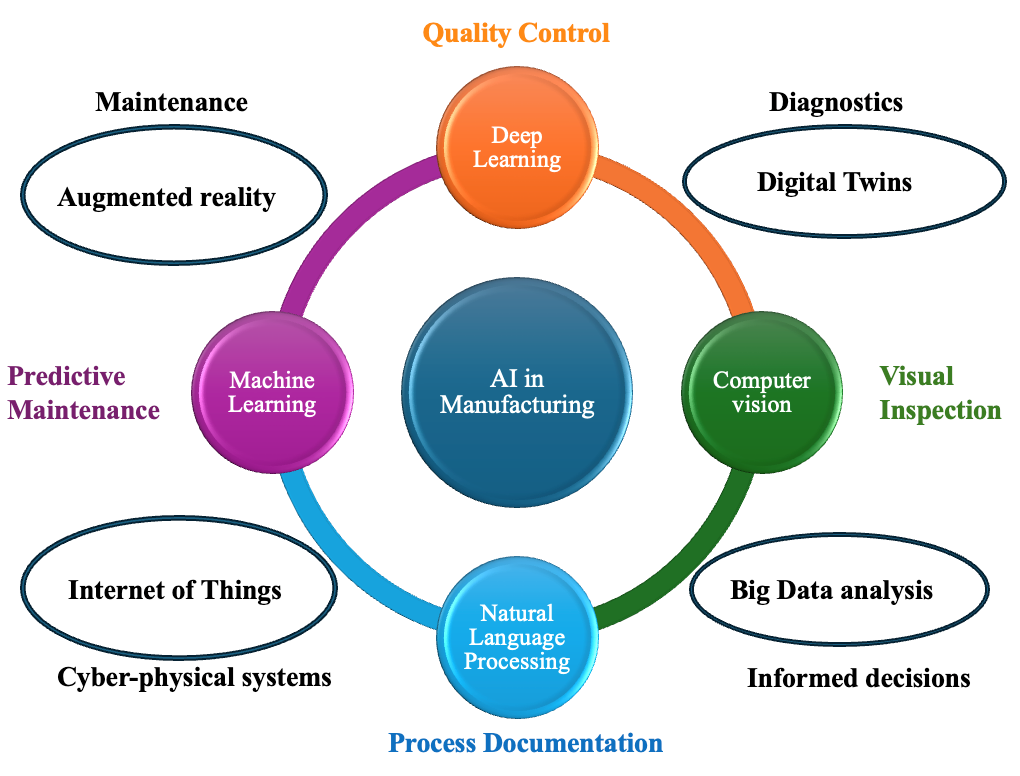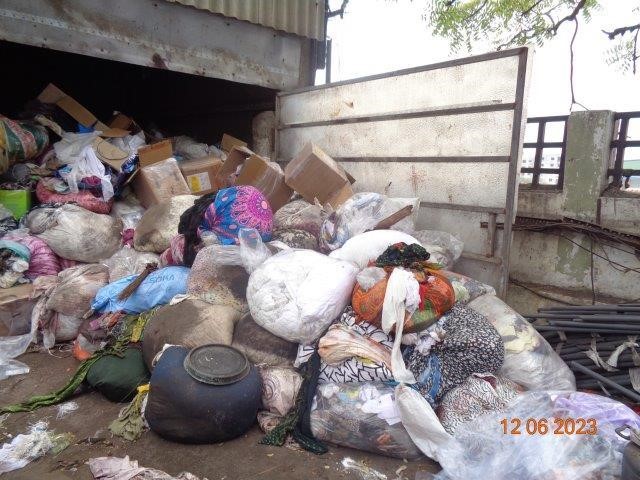Found 3 results
Open Access
Review
14 January 2025Artificial Intelligence and Machine Learning for Sustainable Manufacturing: Current Trends and Future Prospects
Artificial Intelligence (AI) and Machine Learning (ML) are transforming manufacturing processes, offering unprecedented opportunities to enhance sustainability and environmental stewardship. This comprehensive review analyzes the transformative impact of AI technologies on sustainable manufacturing, focusing on critical applications, including energy optimization, predictive maintenance, waste reduction, and circular economy implementation. Through systematic analysis of current research and industry practices, the study examines both the opportunities and challenges in deploying AI-driven solutions for sustainable manufacturing. The findings provide strategic insights for researchers, industry practitioners, and policymakers working towards intelligent and sustainable manufacturing systems while elucidating emerging trends and future directions in this rapidly evolving field.

Open Access
Review
01 November 2024Waste Resin Derived Carbon Materials for Sodium-Ion Batteries
As the environmental issues caused by waste resin become increasingly severe, there is an urgent need to develop ways to handle it in a high-value and harmless manner. Turning waste resin into functional carbon materials is a realizable and promising scheme, which could be a trigger to carry forward emerging sustainable battery technologies and applications. However, there are few review articles about the basics and research progress of the waste resin derived carbon materials for sodium-ion batteries. This review article provides a brief overview mainly about resin recycling and the potential usage of the resultant carbon materials for sodium-ion batteries. Specifically, we show the potential improvements in existing research, focusing on utilization of the waste as well as the significance of new routes for resin recycling. This work offers insights for the design of sustainable carbon materials for battery systems.

Open Access
Article
31 May 2024Solid Waste Recycling in Textile Processing Industries: A Case Study of India’s Clothing Hubs
This study investigated the type and amount of solid waste generation from textile wet processing industries and analyzed the disposal and recycling strategies implemented for its utilization. The method involved industrial interactions with textile processing mills. Data was gathered based on a field survey of manufacturing units and their compliance management teams. The solid waste generated in textile processing stages against input raw materials and fuel sources was recorded. The challenges in recycling solid waste are identified and further scope for its valorization is suggested. The results indicate that significant solid waste produced during the wet processing of textiles arises from waste fabric cuttings, combustion of fuels used in processing stages, and sludge generated from the post-effluent treatment. Around 80% of solid waste generated during the wet processing of textiles can find applications in the construction industry. Effective management of solid waste and its potential applications in construction are elaborated in detail.
